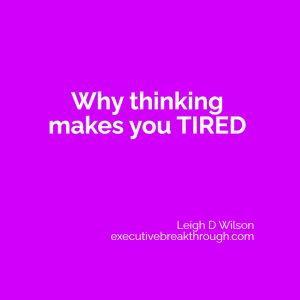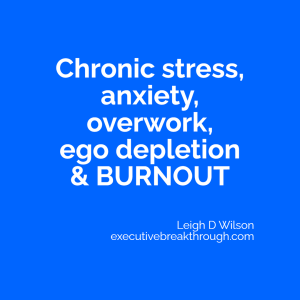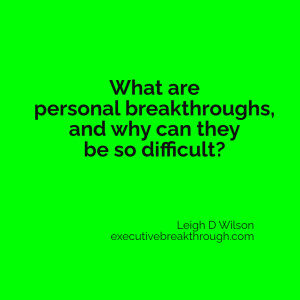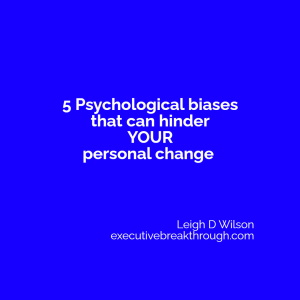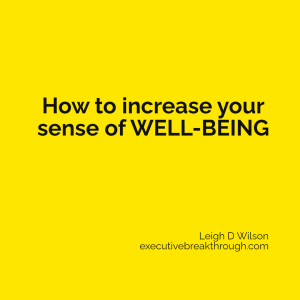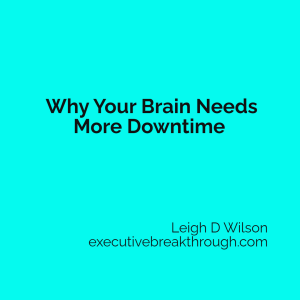In this post I want to talk about something that we’ve all probably done at one point or another: identifying with our shortcomings. You know what I’m talking about – when we make a mistake or do something wrong, instead of just saying “oops, my bad,” we go ahead and start calling ourselves all sorts of nasty names.
“I’m such an idiot,” we might say to ourselves. Or “I’m such a fool,” or “a loser”. It might seem like no big deal – just some harmless self-deprecation, right? Wrong! This kind of negative self-talk can be seriously harmful to our mental health and well-being.
First of all, when we identify with our shortcomings, we’re essentially labelling ourselves as a bad person. Think about it – if you make a mistake and then call yourself a jerk, what does that say about how you view yourself as a whole? It’s not just that you did something wrong, it’s that you ARE wrong. And that kind of negative self-talk can really start to eat away at your self-esteem and self-worth over time.
But it’s not just a matter of feeling bad about yourself. Identifying with your shortcomings can actually hold you back from making progress and improving yourself. If you’re constantly telling yourself that you’re a loser or a fool, it’s going to be really hard to motivate yourself to do better. After all, why bother trying when you’re convinced that you’re just inherently flawed?
The truth is everyone makes mistakes. It’s a normal part of being human. But when we identify with our shortcomings, we turn those mistakes into something much bigger and more damaging than they need to be. Instead of seeing a mistake as an opportunity to learn and grow, we see it as confirmation of our own inherent unworthiness.
So, what can you do instead? Well, for starters, try to be more mindful of your self-talk. When you catch yourself calling yourself a jerk or a loser, try to reframe it in a more positive way. Instead of saying “I’m such an idiot,” try saying “I made a mistake, but I can learn from it and do better next time.”
It might sound like a small change, but it can make a big difference in how you feel about yourself and your ability to improve. So be kind to yourself, folks. We all have our shortcomings, but that doesn’t define who we are as people. Let’s focus on learning and growing, rather than tearing ourselves down.
If you continue having problems with this sort of negative and potentially harmful self-talk, maybe we should chat.
#anxiety #stress #worry #overwhelm #fear #procrastination #selfesteem #selfconfidence #emptiness #loneliness #failure #sadness #guilt #selftalk #burnout #selfsabotage


